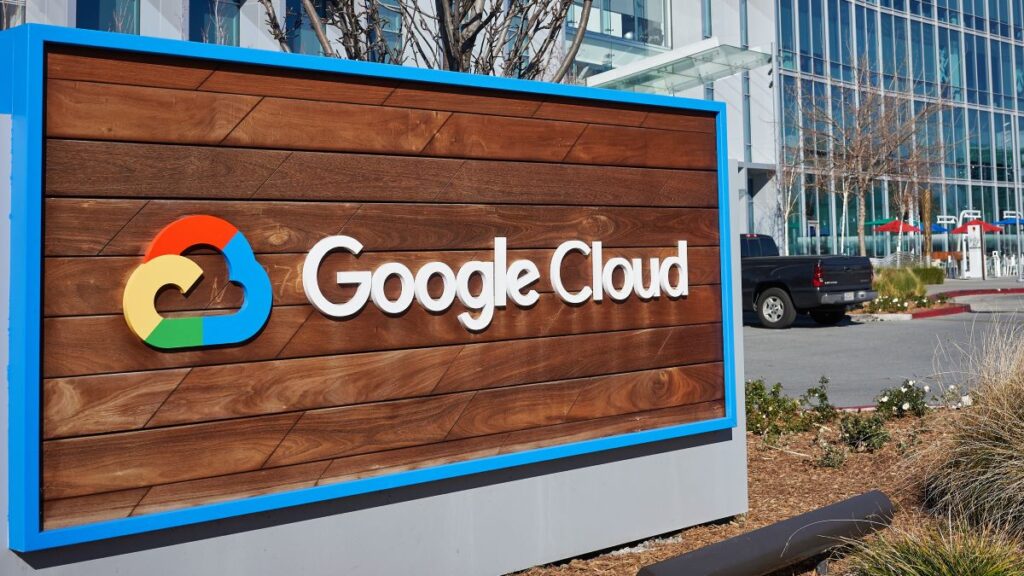
As the AI Revolution spikes the value of high-quality data and simultaneously boosts the incentives for cybercriminals to crank up their nefarious ambitions even higher, Google Cloud has seized the #1 spot in cloud and AI security with the addition of Wiz to its already-impressive cybersecurity portfolio.
The gaping market needs for new security approaches and capabilities that align with today’s new AI-powered digital-business reality inspired Google Cloud to shell out $32 billion for five-year-old Wiz, which offers an innovative multi-cloud security platform that’s quite differentiated from Google Cloud’s existing security solutions.
But still: $32 billion? Why was Google Cloud’s parent willing to shell out so much for a company whose revenue has been estimated at somewhere between $500 million and $700 million? Here’s the explanation offered by Google Cloud CEO Thomas Kurian in a blog post from last week.
“As we all see in the news every day, and our Mandiant consultants witness on the front lines with our customers, cybersecurity risks continue to accelerate with the number and severity of breaches continuing to grow,” Kurian wrote.
“Meanwhile, as more organizations go digital, most deployments are now multi-cloud data or hybrid — introducing complex management challenges. At the same time, software and AI platforms are becoming deeply embedded across products and operations, bringing new and evolving risks for private enterprises, governments, and other public sector organizations.”
And in that fast-changing and increasingly valuable environment, something had to change —quickly — because, as Kurian said, “Traditional approaches to cybersecurity struggle to keep up with this evolving landscape.”
Before Wiz, Google Cloud’s security portfolio was centered in three areas:
- Google Threat Intelligence to help organizations understand threats and devise optimal countermeasures;
- Google Security Operations for collecting telemetry data and taking appropriate steps; and
- Mandiant Consulting to help organizations see the world as cybercriminals see it.
With the Wiz acquisition, Kurian said, Google Cloud gains a security platform that spans everything “from cloud to code” and works with not only Google Cloud but also primary competitors Microsoft, AWS, and Oracle.
Wiz complements those threat-intelligence solutions with a comprehensive preventive approach, Kurian said.
“Wiz is different from the services we offer today — it delivers a seamless cloud security platform that connects to all major clouds and code environments to help prevent incidents from happening in the first place,” Kurian said.
“Wiz’s solution rapidly scans the customer’s environment, constructing a comprehensive graph of code, cloud resources, services, and applications — along with the connections between them. It identifies potential attack paths, prioritizes the most critical risks based on their impact, and empowers enterprise developers to secure applications before deployment. It also helps security teams collaborate with developers to remediate risks in code or detect and block ongoing attacks.”
Microsoft Security Business Bigger, But Not Better
I believe Google Cloud’s acquisition of Wiz pushes it into the #1 spot for cloud and AI security for the reasons outlined above, but also because Microsoft — by far the world’s largest cloud provider with quarterly revenue of almost $41 billion — realized more than a year ago that its security business was so outdated and inadequate that Satya Nadella initiated a complete overhaul of every facet of the company’s security business.
Despite those broad and deep shortcomings, Microsoft was able, in the absence of a viable and broad-based competitor, to claim the role of the world’s largest cybersecurity vendor by posting security of revenue of more than $20 billion two years ago.
Since that disclosure, Microsoft’s security disasters have become public and have triggered Nadella’s order for top-to-bottom changes in the company’s security technology and approaches, its security culture, financial commitments, and more. Here are some of my analyses on that existential crisis:
- “Microsoft Cybersecurity Disaster Triggers Customer Doubt, Competitor Opportunity“
- “Microsoft’s Disaster; AI Creates Double-Edged Sword“
- “Can Satya Nadella Fix Microsoft’s Cybersecurity Disaster?“
Final Thought
The business world and the extraordinary technology that underpins it are both changing and advancing at an extraordinary pace. What impresses me most about Google Cloud’s decision to invest $32 billion in a major security initiative is that Wiz appears to be able to help customers meet those daunting security challenges of the future, rather than remaining shackled to the approaches of the past.
And this bold move by Thomas Kurian provides yet another great example of how the biggest winners in the Cloud Wars are always — always! — the customers.
Ask Cloud Wars AI Agent about this analysis










